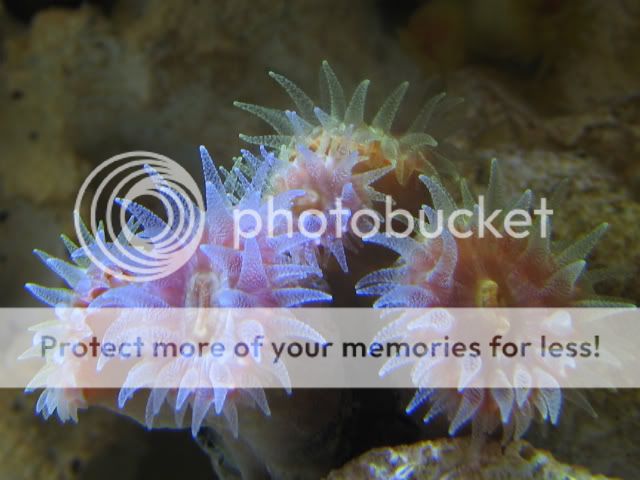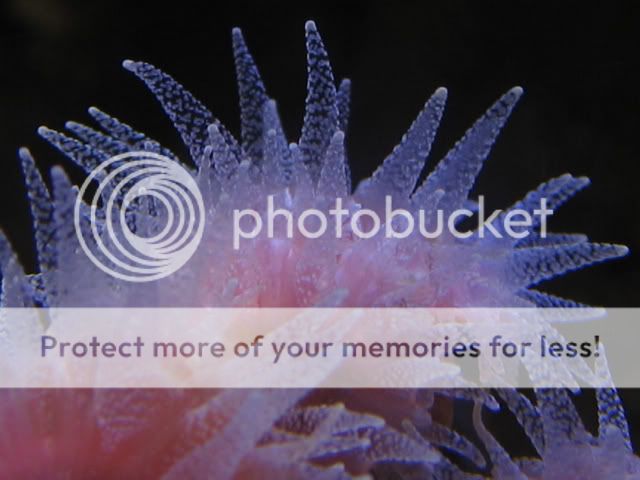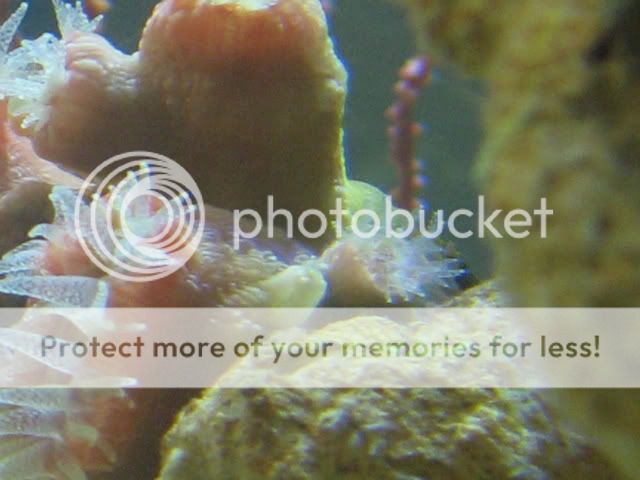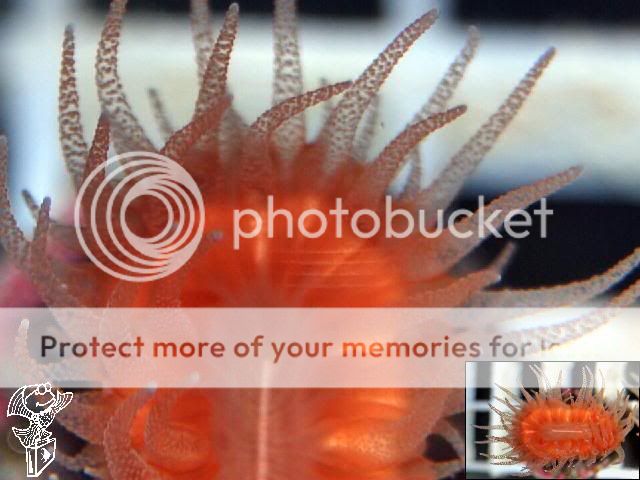Balanophyllia reproduces the same way Dendrophyllia and Tubastrea just seems a lot slower though. It has grown 2 full heads and a two small baby polyps in the last year.
I don't think thats correct. Not wishing to start an argument but I was speaking to a coral biologist recently who laughed at the way things are identified within the hobby. I asked him specifically about dendrophyllia & balanos. He said balanos are solitary polyp species. As for dendros the distinction between them and tubastrea is usually far from clear unless your looking at a naked skeleton. Even then, the answer is not always obvious. Some obvious exceptions exist eg T. micrantha.
And as for colours, well a West Australian collector sometimes offers blue balanos (blue under white light). Admittedly its uncommon in the areas they collect in. How does that fit in with commonly perceived balano colours? Guess I'm just saying colours not a reliable indicator to define a genus / species.
If I talk to a collector, the most helpful information he can give me, is about the coral's habitat - as I can use it to modify tank conditions. Its also worth remembering that some incorrectly labelled corals are exported from our end and then incorrect IDs are just carried down the chain of custody.
BTW a lot of what I said isn't directed at the OP, rather a general observation of the assumptions we tend to make in the hobby as a whole. :beer:








